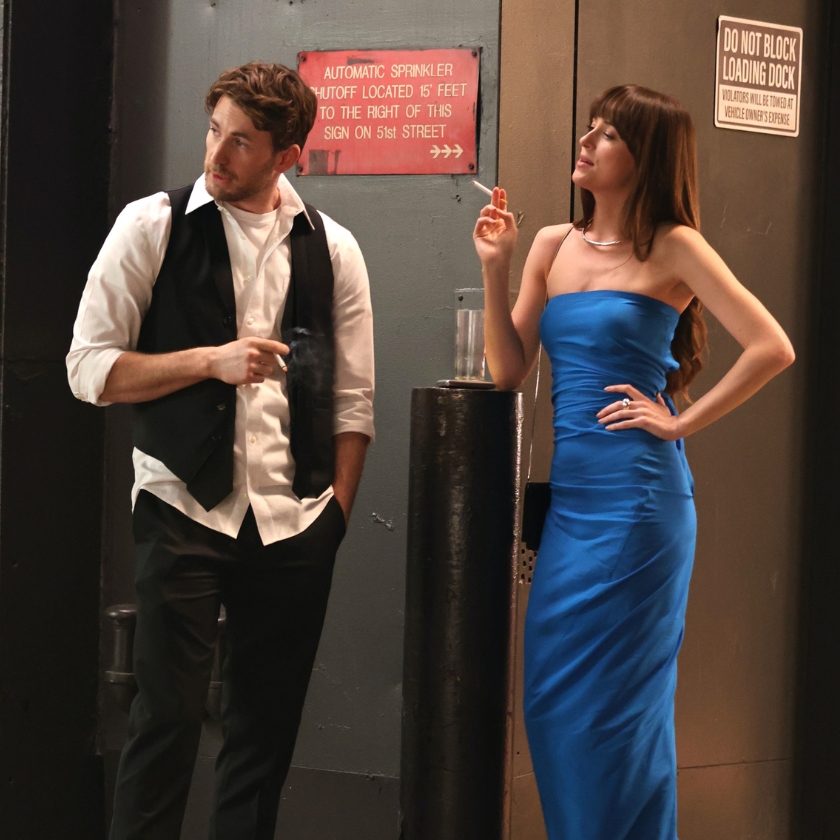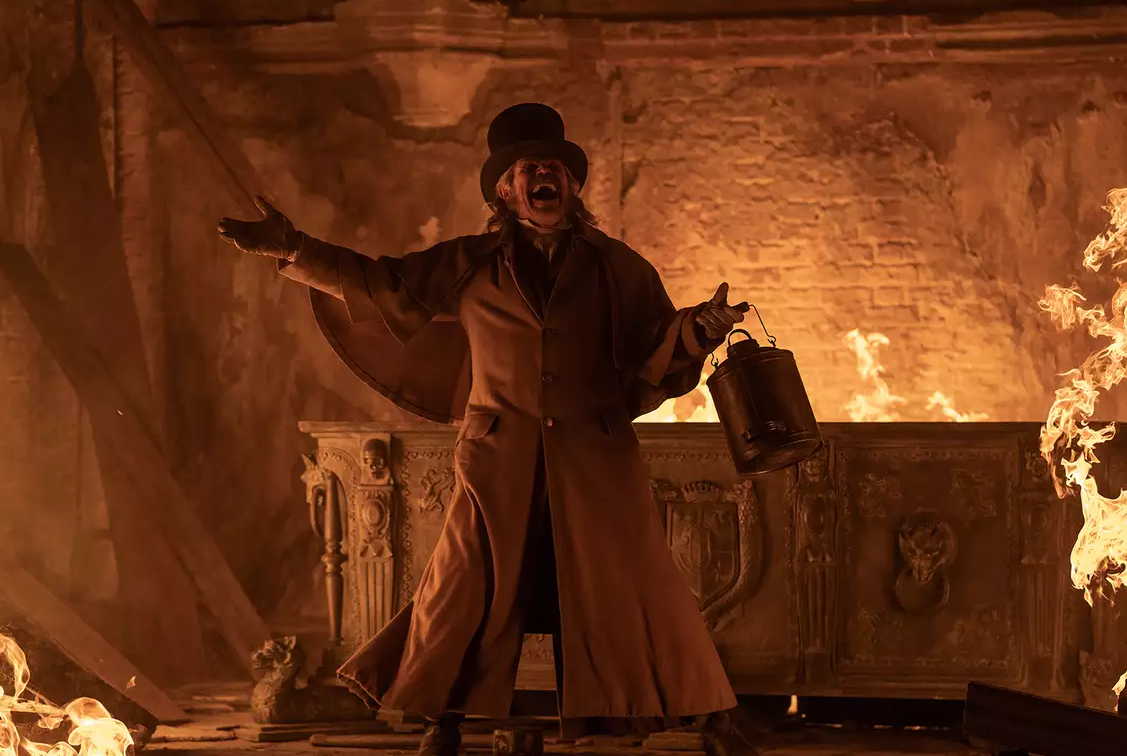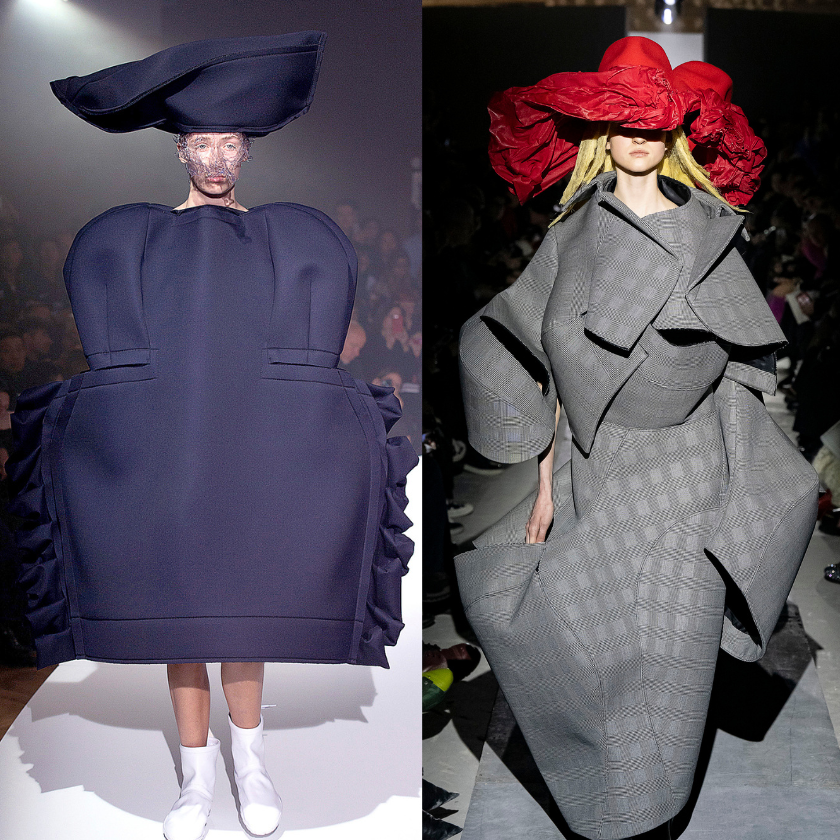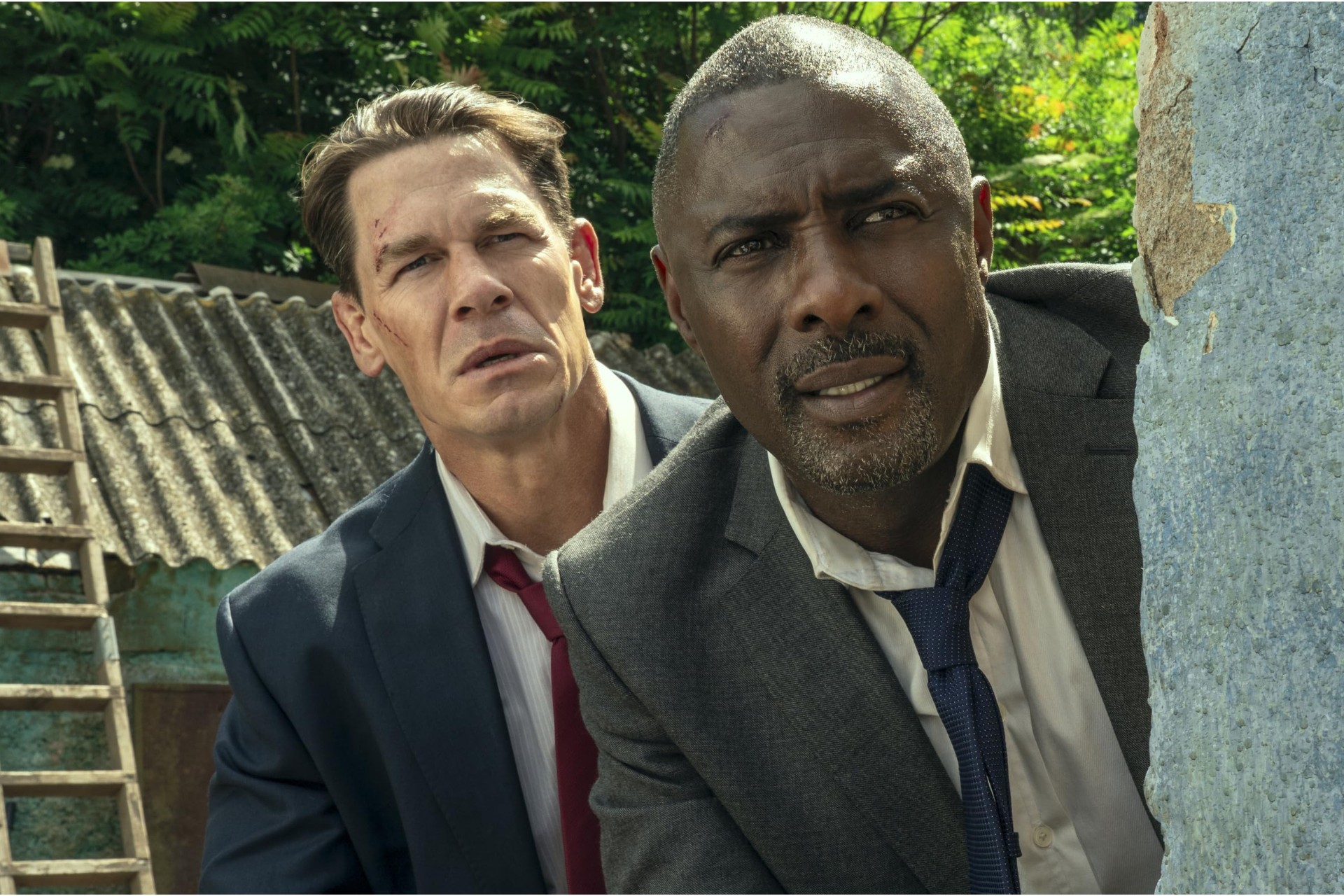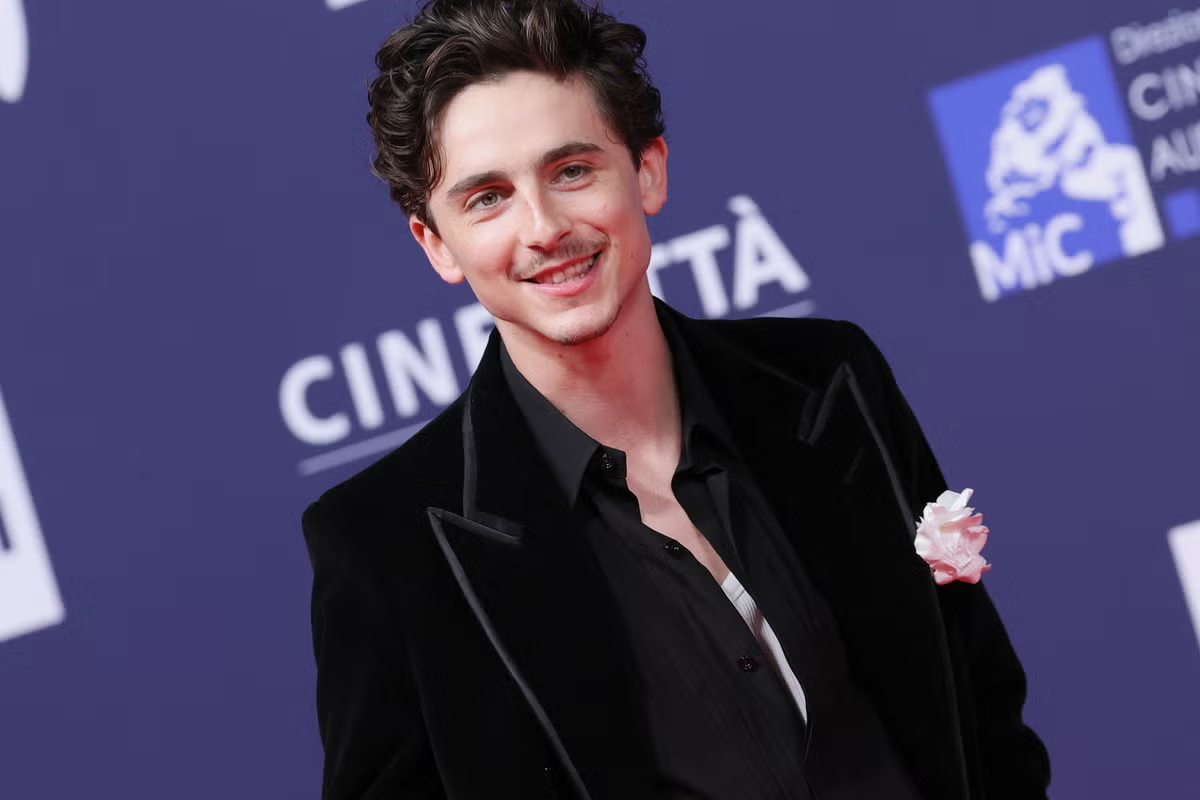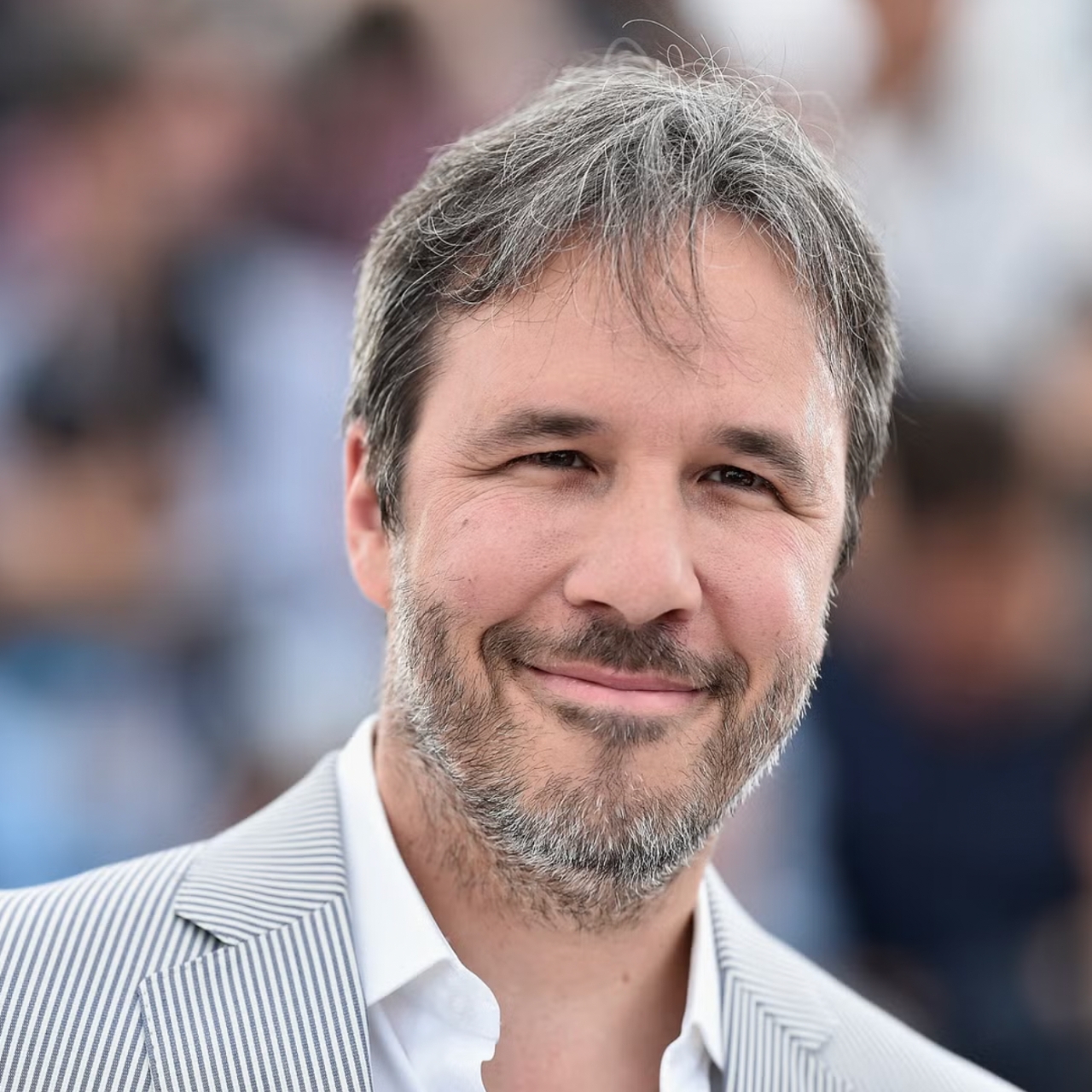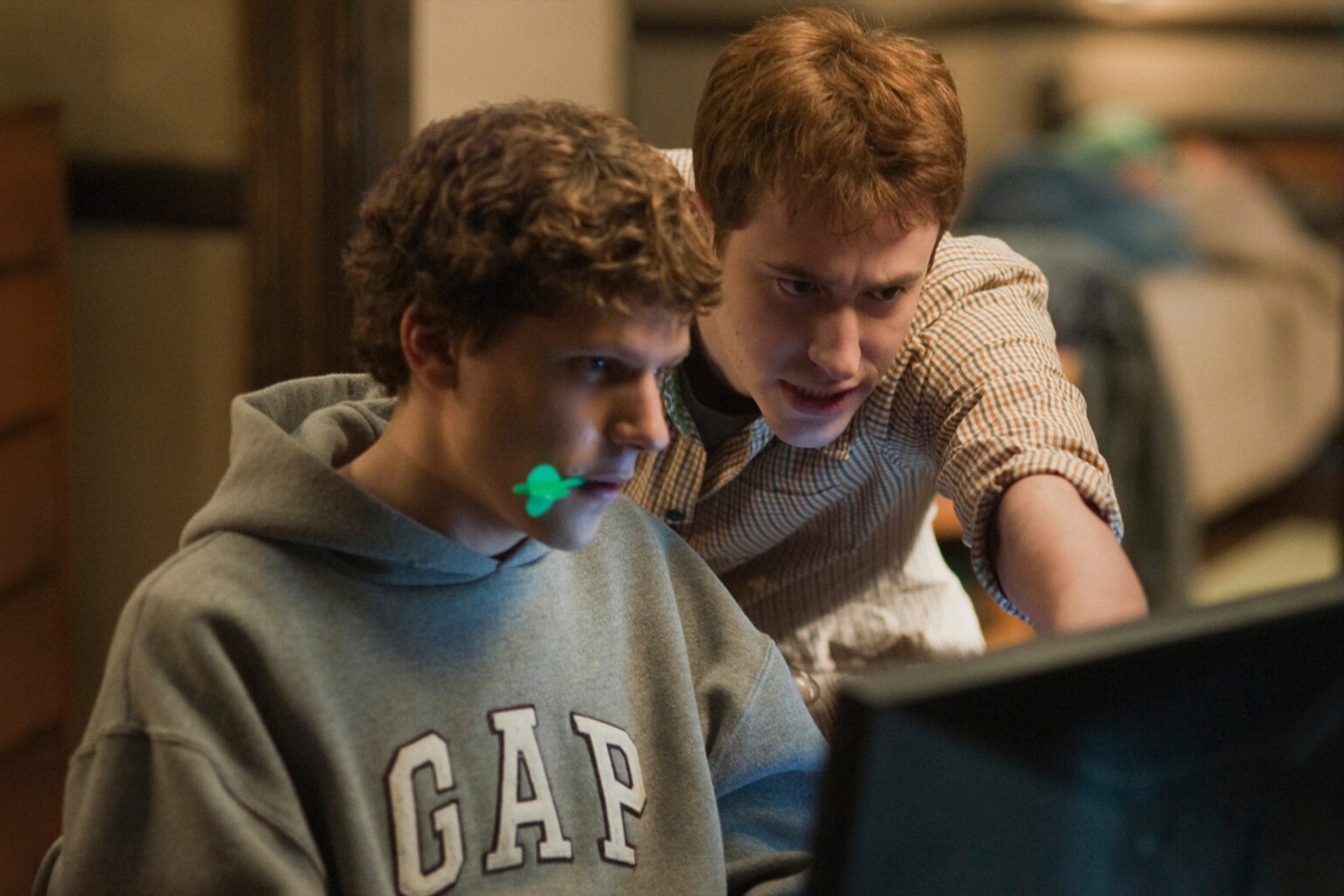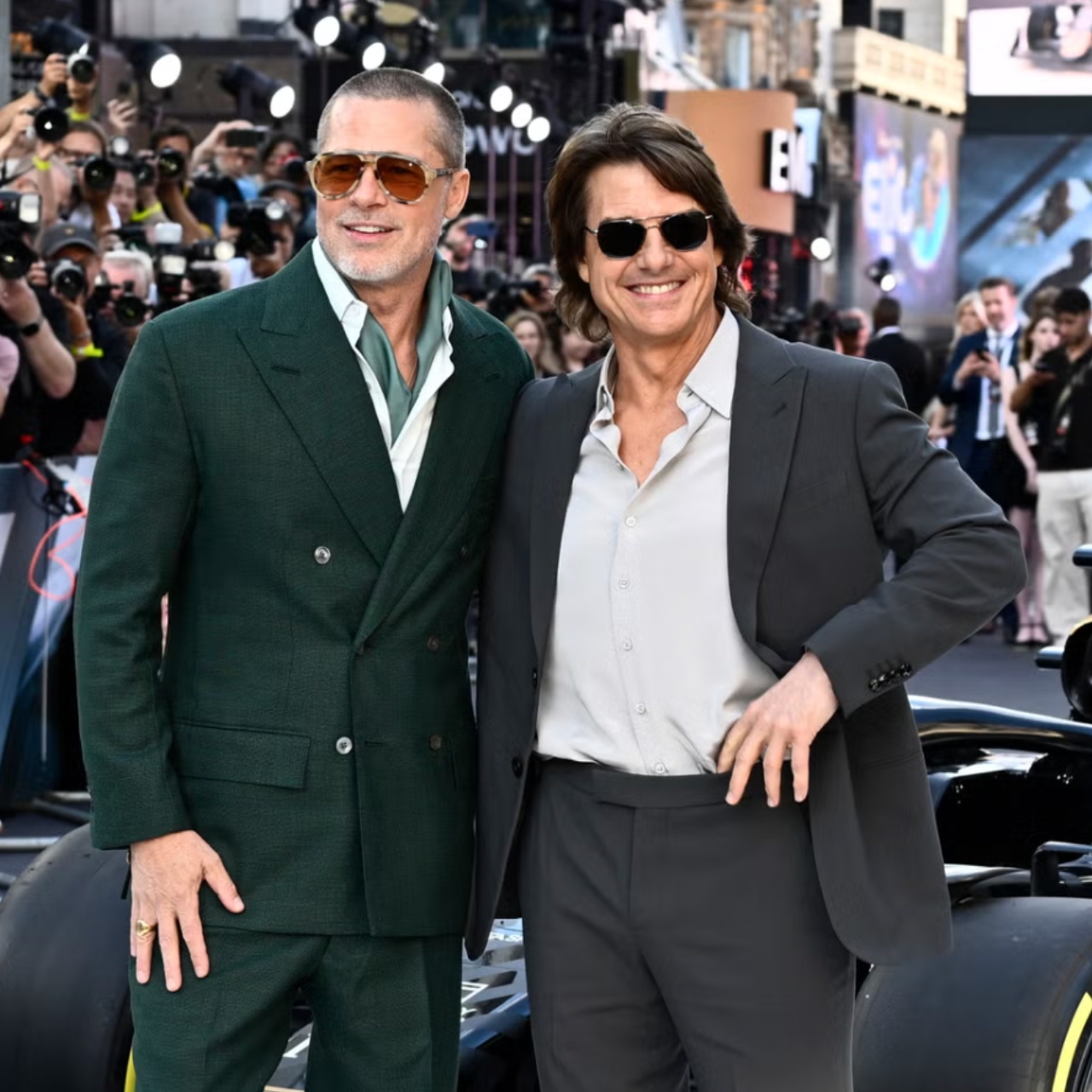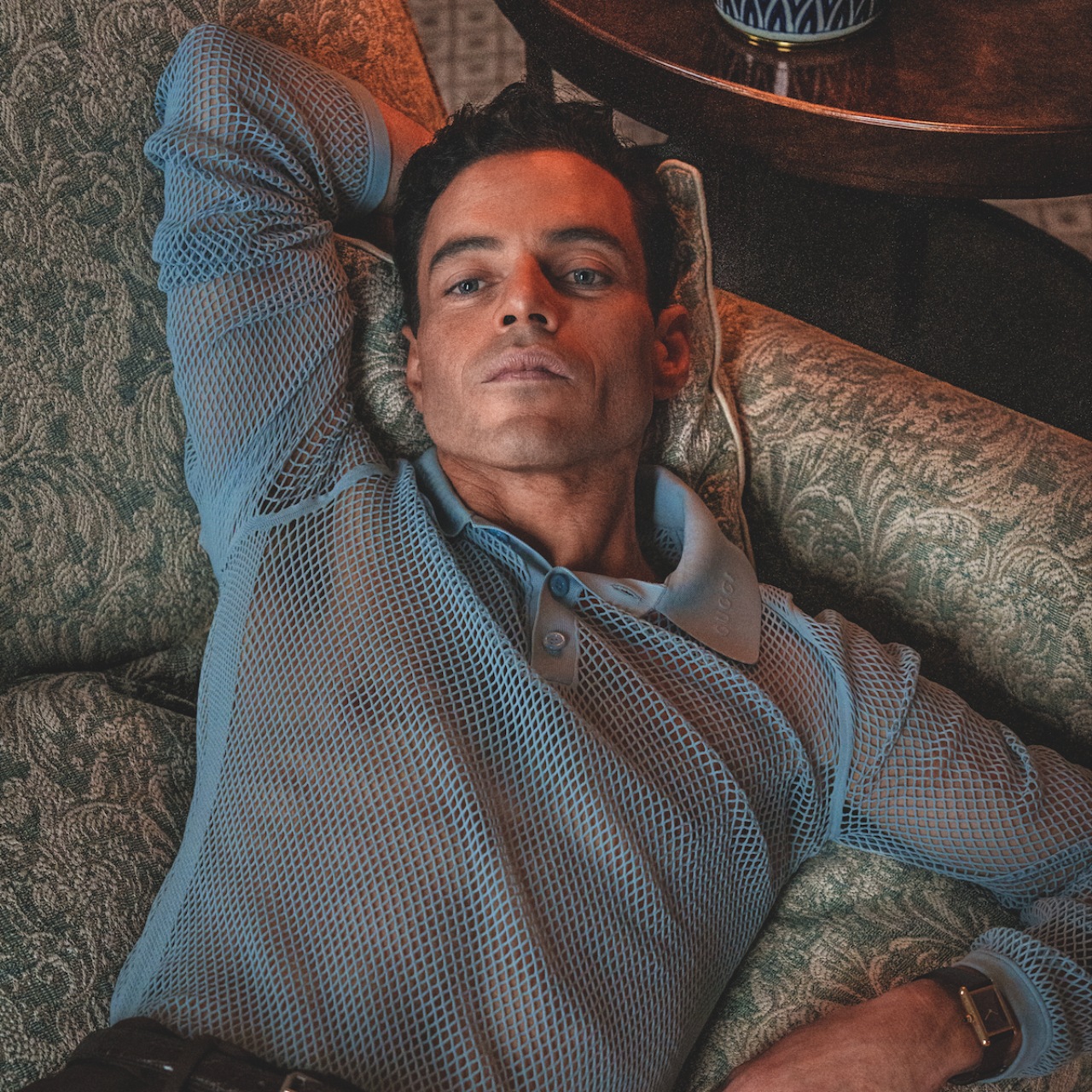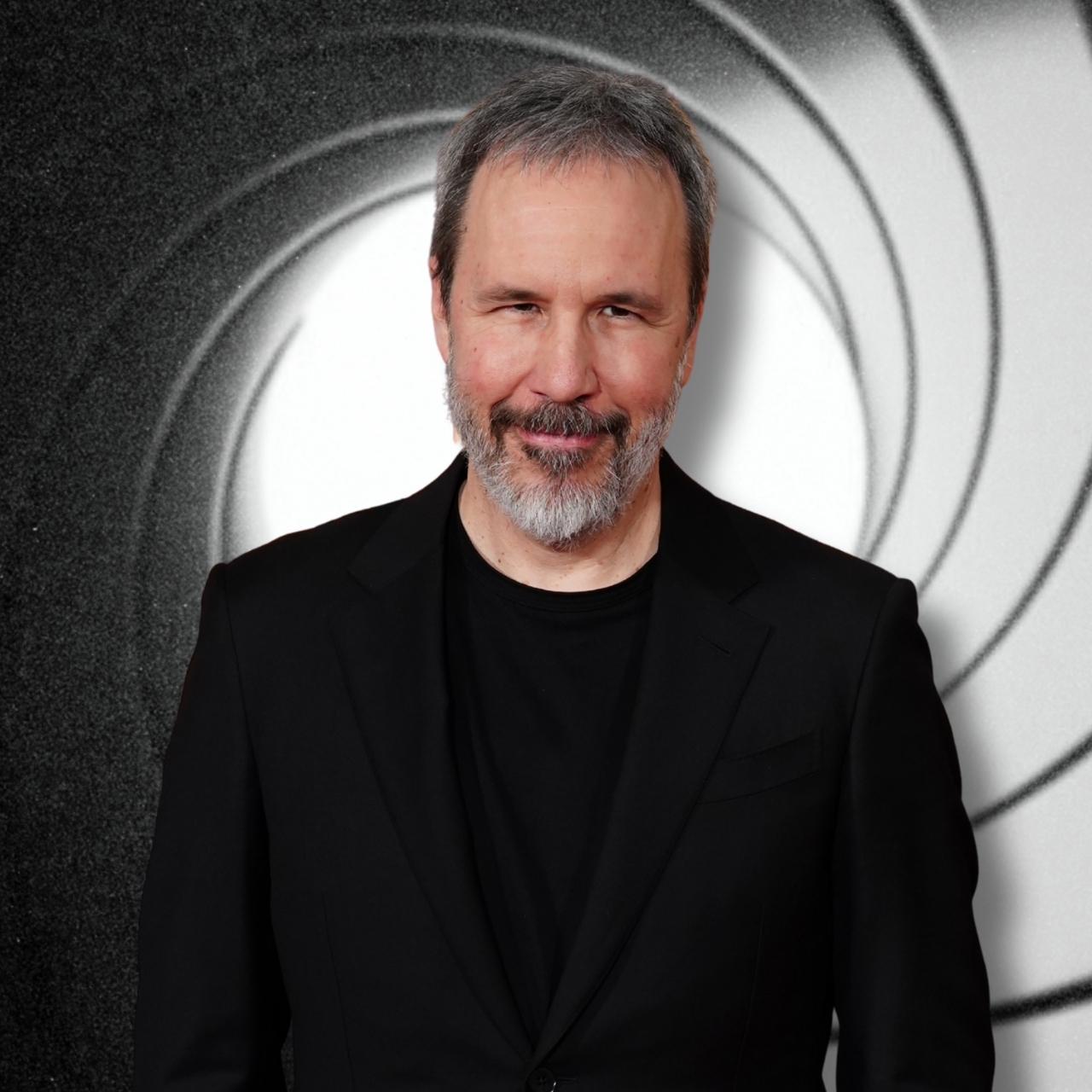ONEFOUR and the most controversial documentary of the year
The rap group from Western Sydney are the subject of a new documentary on Netflix detailing their rise and their ongoing clashes with police.

WHEN I ATTENDED the inaugural South by South West (SXSW) festival in October, I had high expectations. Exciting musicians from around the world? Definitely. A few lively debate panels? Probably. What I didn’t envisage is being frisked and patted down for weapons upon arrival for the premiere of a documentary. The renowned arts and ideas conference from Austin is known for embracing renegade thinkers from around the globe, but this felt a little extreme.
Though, of course, Against All Odds is no ordinary documentary. At the heart of the story is the explosive rap group from Western Sydney, ONEFOUR. Emerging from Mount Druitt, the group changed the landscape of Australian rap in 2018 with a string of viral singles, creating what would become known as the birth of Australian drill music, an often-violent and sometimes-nihilistic form of hip hop. Their music painted a bleak picture of life in Sydney’s west, with unrelenting depictions of gang violence and criminal activity. Set against ominous production, the formula was intoxicating and, quickly, fans from all corners of the globe came flocking, as did the support of established hip hop heavyweights like Dave and Skepta. But that was just the start of the journey. It’s what came next that propelled ONEFOUR into the mainstream consciousness—and now the subject of a Netflix documentary.
After their initial viral fame, the group started doing what all bands do when they gain a following: they booked some shows to perform live in front of their fans. The NSW police had other ideas. Concerned the group’s music incited violence, the police are alleged to have pressured venues to cancel the bookings. One by one, every date on their debut tour was removed. Nearly five years later the group have collaborated with superstar The Kid Laroi and scored nominations at the ARIA awards—and are still yet to play a single solo show in their home state of NSW.
For some, this may well be a case of ONEFOUR’s criminal pasts catching up with them. But for others, it’s a question of freedom of speech; the policing of minority communities; and who, in Australia, has the right to a voice.
We spoke to director Gabriel Gasparinatos about the makings of the documentary, the challenges experienced in completing the project—and why the documentary is essential viewing, whether you’re a fan of rap music or not.
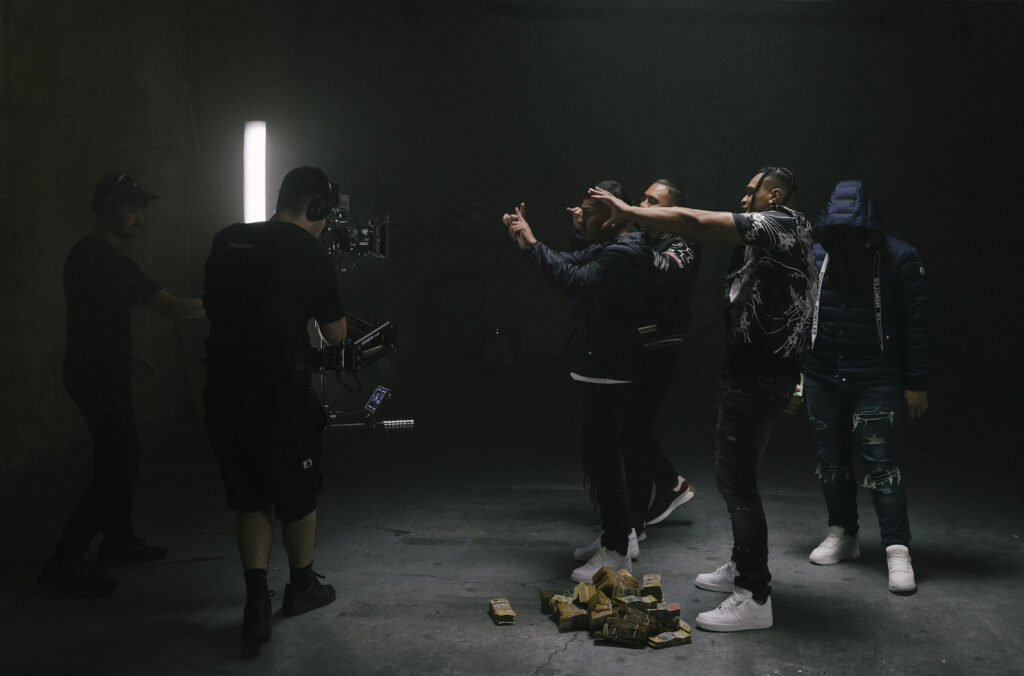
Esquire: When did you first come across ONEFOUR?
Gabriel Gasparinatos: I think I saw Shanks & Shivs on YouTube soon after it came out, which was maybe one of the first songs to clock a hundred thousand views and generate a bit of local buzz. I was really curious about that—it was unlike anything I had heard coming out of Australia, and was blowing up in a way I hadn’t seen before either.
ESQ: When did you realise there was a deeper story to tell here than just the music?
GG: We started documenting ONEFOUR in those early days and they had some issues with the police at the time. There was some carryover from an incident that ultimately led to three of the guys going to jail. That had happened, but the music hadn’t caught the police attention yet. It was really just their backgrounds that had put them on that police radar. And that’s when we started shooting it. I started going out and filming the guys when they’re in the studio or filming video clips, and then it began to unravel as they got to the point where they were getting booked to do shows. And that’s when we started to see this pressure come in and started to notice that the police were not just meddling with their personal lives, but actually began to meddle with the music. But it got to the point when we realised we had something far bigger than just a music biopic; something far bigger than the story of these artists.
ESQ: What were some of the challenges you encountered in making the documentary?
GG: I guess a really difficult part of telling the story was actually witnessing the mistreatment of ONEFOUR and witnessing their day-to-day and how their lives and their family lives were being impacted by this police pressure. It’s one thing to make a documentary about a subject that has your complete attention and willingness to participate, but when they are under this scrutiny, when they’re faced with this constant stress and anxiety of what the police are going to do to try and prevent them from pursuing their music, it makes it quite hard to keep their attention and convince them to let someone in and film it. They had enough to deal with
ESQ: There are some harrowing parts to the film, as well as many inspiring moments and even some funny ones. What were your highlights?
GG: When we started to see the footage from New Zealand [J Emz and Spenny were set to perform and J Emz had been refused entry]. I wasn’t there to film that… I was at home getting live updates as it was happening and hearing about what was going on. And at the time I thought, “Oh, this is just another instance of ONEFOUR being prevented from performing. This is sort of disappointing, but this isn’t anything new, right?” But it was when we went in the edit and started watching that footage and seeing the way that J Emz was prevented from entering the country, but also the way that Spenny rallied, the way that he realised that he wasn’t going to, in his words, “let them win”. He wanted, in his words, to “run the ball” up for the boys and go ahead with the show. I think that was something that really hit me. Realising his dedication, realising his commitment to the group, his commitment and the duty that he has to his friends, to his family, to his community, was something that really made us quite emotional to see. And then for him to eventually do the show by himself with so many reasons to cancel it, is something that every time I watch that scene, I get quite emotional.
ESQ: What do you hope viewers take away from the film?
GG: We went into it wanting to make a film about the excitement of this cultural revolution that was happening. That’s what we went into it with. But a lot of people watching the film ended up frustrated and that wasn’t fully what I was expecting. People messaging me or hitting me up saying, “Hey, I love the movie, but I’m so angry now”. And I wasn’t expecting that. Maybe I was quite desensitised by just being so involved in it for so long. What people have taken from it is anger and frustration and people are shocked. People are surprised that this is actually happening and they’re drawing all these comparisons to what happened in rap [in the US] in the nineties. This is a universal story that everyone has a reference point to, but no one has actually acknowledged is happening here right now. That’s become the universal feeling people take away. They’re frustrated and they’re angry, they’re disappointed in the way that the New South Wales police continue to treat people trying to better their circumstances and then those of their friends and family. And I think that that feels effective. I think if it was just a story of uplift and positivity and inspiration, it might not have the biggest social impact that I think it deserves to have.

ESQ: The documentary aired the same week as the referendum. Did that timing feel poignant to you?
GG: This is a film about who deserves to have a voice in this country, whose voice deserves to be heard and who we should be listening to. And I think it’s really upsetting that in the week that this film launched, Australia still denies that to our First Nations population that deserve it the most. This whole time making this film, we’ve known that it’s about the importance of voice, about the power imbalances of who gets to have a say. And so I’m relatively unsurprised that Australia refuses to acknowledge it for far more communities than just the community that our film is about.
ESQ: How did the premiere at SXSW come about?
GG: I think towards finishing the film, it was floated that we submit it to South by Southwest (SXSW). It was an opportunity to be part of the first year of something that felt quite exciting and a positive moment for Sydney. So it felt like an appropriate fit. And we were excited because it’s an opportunity to have a big theatrical screening for a film that was otherwise just going on Netflix. It was like a week out when we heard that there were some concerns raised by Raptor Squad that they had gotten in touch with SXSW. They came in with similar tactics that you see throughout the film, ultimately strong-arming the organisers to try and make it unfeasible to go ahead. But we had the support of the festival to make sure we were still able to do it, which was so awesome. There was such a big community presence at the screening. It meant so much to so many people. But I think it was quite confronting to get frisked and go through a metal detector on the way into a film screening. It was disappointing that we weren’t allowed to sell individual tickets for the screening like the other films did.
But it created a very immersive experience. I think people who maybe come into the film without any idea of what it was about, thought it was kind of a bit surprising to go through metal detectors, but presume that that was normal. And then they walked out of film with a whole new awareness on why that happened and what that meant. I just imagine the undercover officers littered throughout the cinema. Hopefully they enjoyed the film.
ESQ: What do you see as the risks to society if stories like this aren’t told?
GG: Since putting this film out, I’ve been inundated with messages from young kids in Western Sydney, kids of Pacific Island backgrounds around Australia who are so appreciative of ONEFOUR and appreciative of the platform that this film has to tell their story, and to tell a story that they feel represents them but they haven’t otherwise seen anywhere else. And I think there’s a massive risk of people not feeling represented, people not feeling like their voices are being heard, or even that their voices are important to hear. If you don’t tell stories like this, if ONEFOUR can’t continue to make music and if they aren’t able to share their story, I think you run into a massive risk of a whole generation of people feeling completely unseen in Australia.
The Australian media landscape at times avoids stories like this and paints a very specific image of itself that tries to hide this. And I think that that’s a completely inaccurate perspective on this country. You risk alienating such a huge part of this country by not helping to tell those stories. By being able to show ONEFOUR having a go at music and making it work, will hopefully inspire another generation of young people to do the same. Just look at the creative ecosystem that ONEFOUR have created: there are managers, photographers, graphic designers, and there’s this whole wave of interesting jobs that are coming out of this cultural movement. And I think if you can’t elevate and platform these stories, then probably a lot of young creative potential is lost because people aren’t able to see that it’s a feasible career.
Related:













